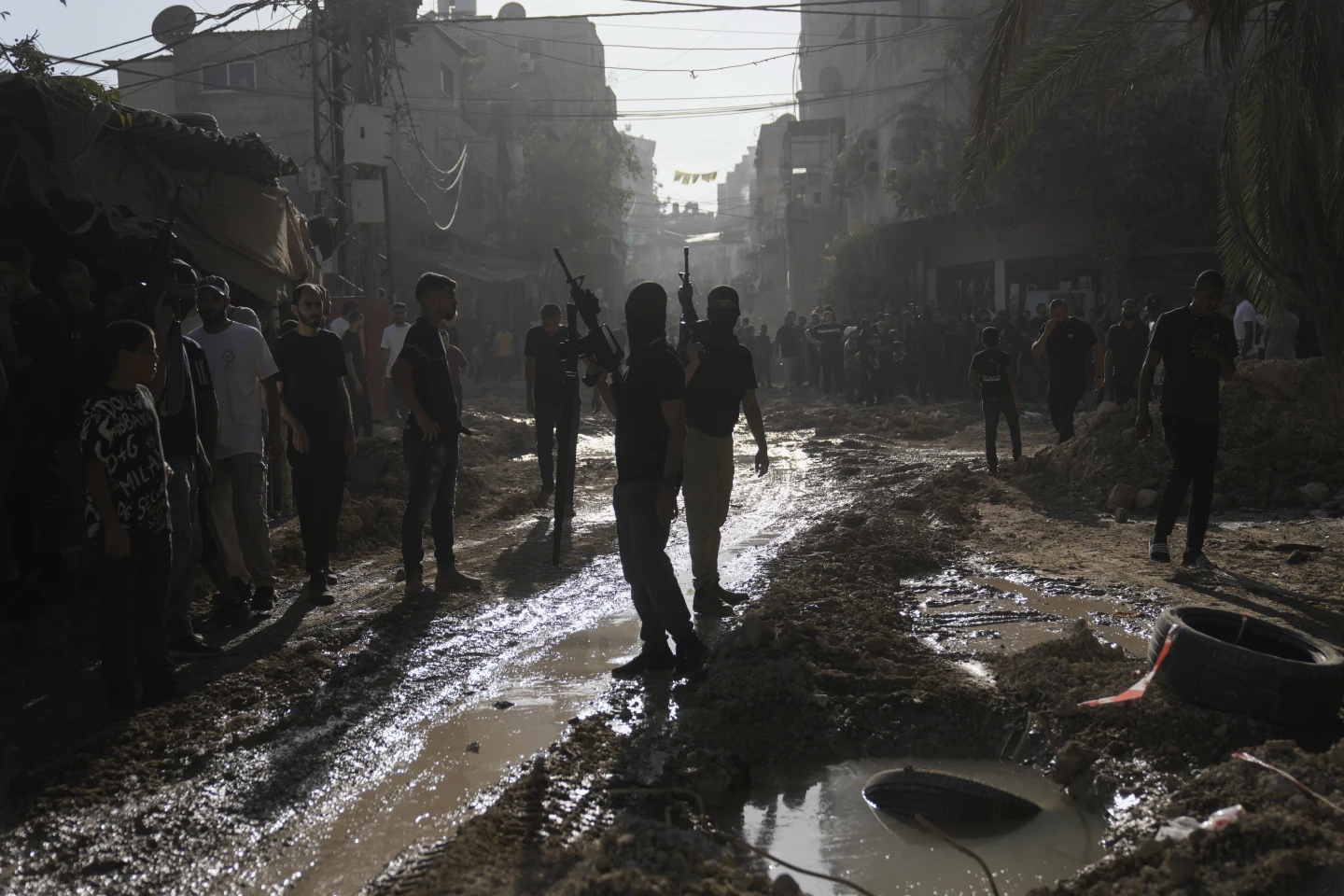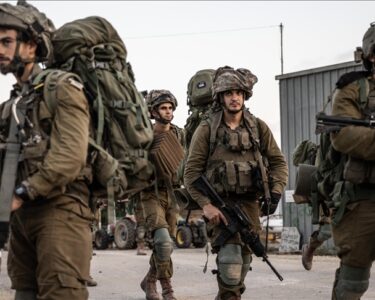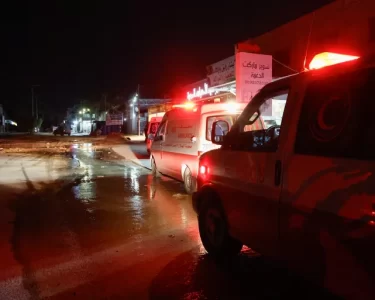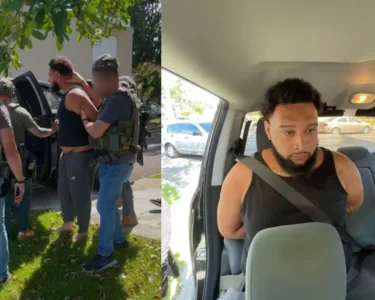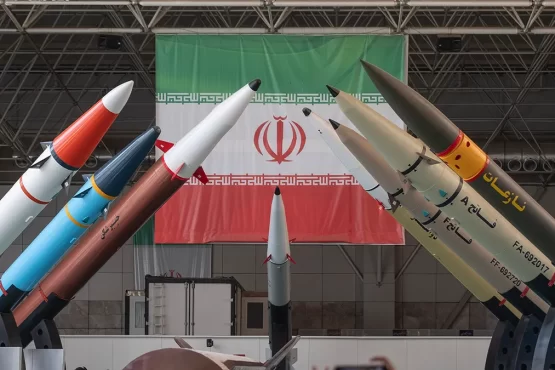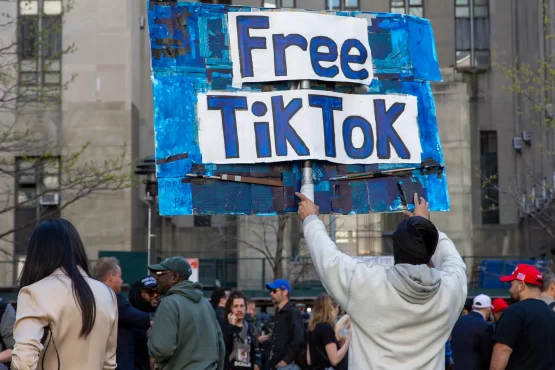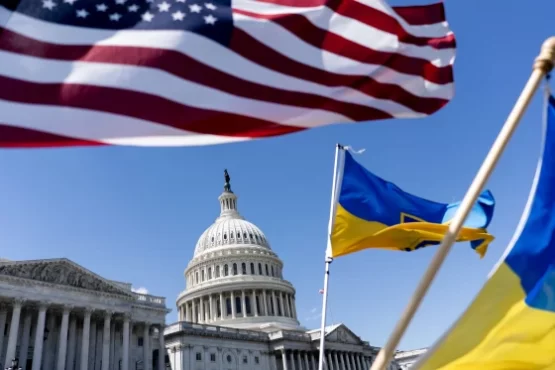GAZA CITY, Gaza Strip — At least 16 Palestinians, including a woman and three children, were killed in Israeli airstrikes overnight and into Thursday in the Gaza Strip, according to Palestinian health officials. The deaths were confirmed by an Associated Press reporter at the Al-Aqsa Martyrs Hospital, where the bodies were received.
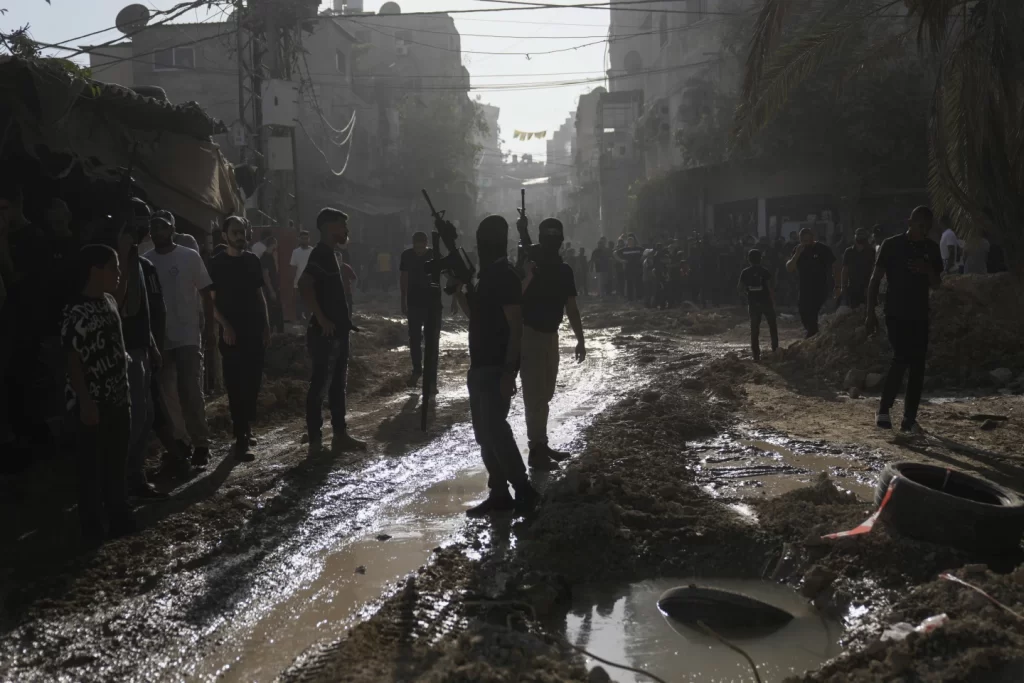
Witnesses at the hospital described heart-wrenching scenes as families mourned their loved ones. One man was seen holding the body of a child wrapped in a white shroud, while a woman nearby wept, saying, “My love, my soul.”
This latest round of casualties adds to the mounting toll in a conflict that has now stretched into its sixth month. The Gaza Health Ministry, run by Hamas, reports that over 40,000 Palestinians have been killed since the war began, following Hamas’ October 7 attack on Israel. The ministry does not differentiate between militant and civilian casualties in its figures.
The Israeli military maintains it has killed over 17,000 fighters, though it has not provided evidence to support this claim. Israel attributes the high civilian death toll to Hamas’ tactics of operating in densely populated urban areas.
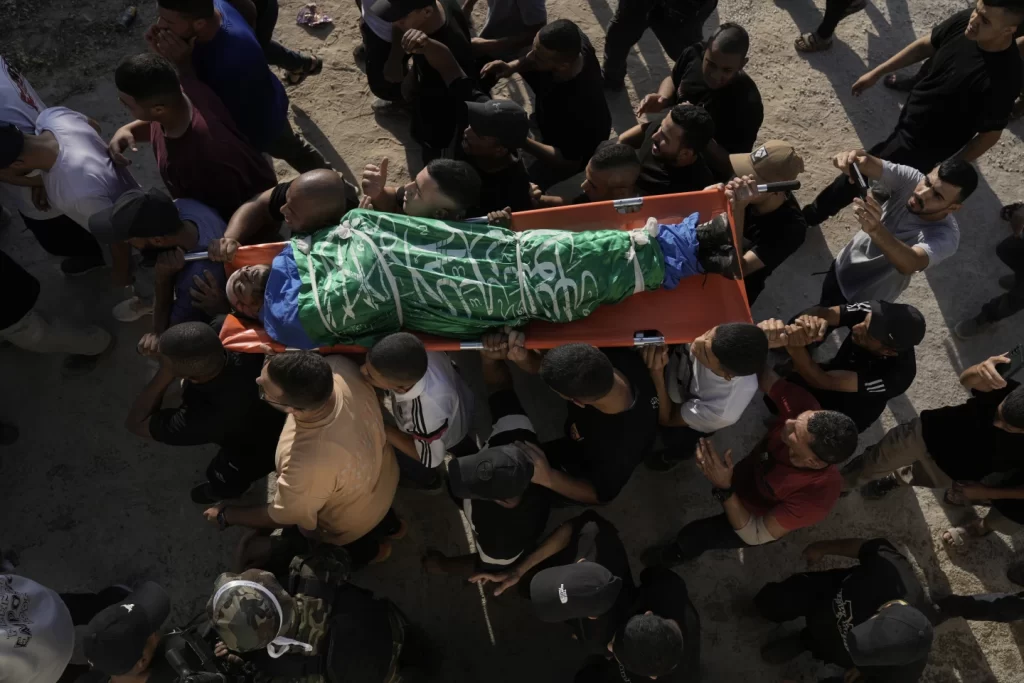
The conflict was sparked by Hamas’ October 7 incursion into southern Israel, which resulted in approximately 1,200 deaths, primarily civilians, and the abduction of around 250 people. Currently, about 110 hostages are believed to still be in Gaza, with a third presumed dead.
Efforts to broker a ceasefire and secure the release of hostages continue, led by the United States, Qatar, and Egypt. However, significant obstacles remain in reaching an agreement acceptable to both sides.
The ongoing violence has created a dire humanitarian crisis in Gaza, with widespread destruction of infrastructure and severe shortages of food, water, and medical supplies. International aid organizations have repeatedly called for increased access to deliver humanitarian assistance to the beleaguered population.
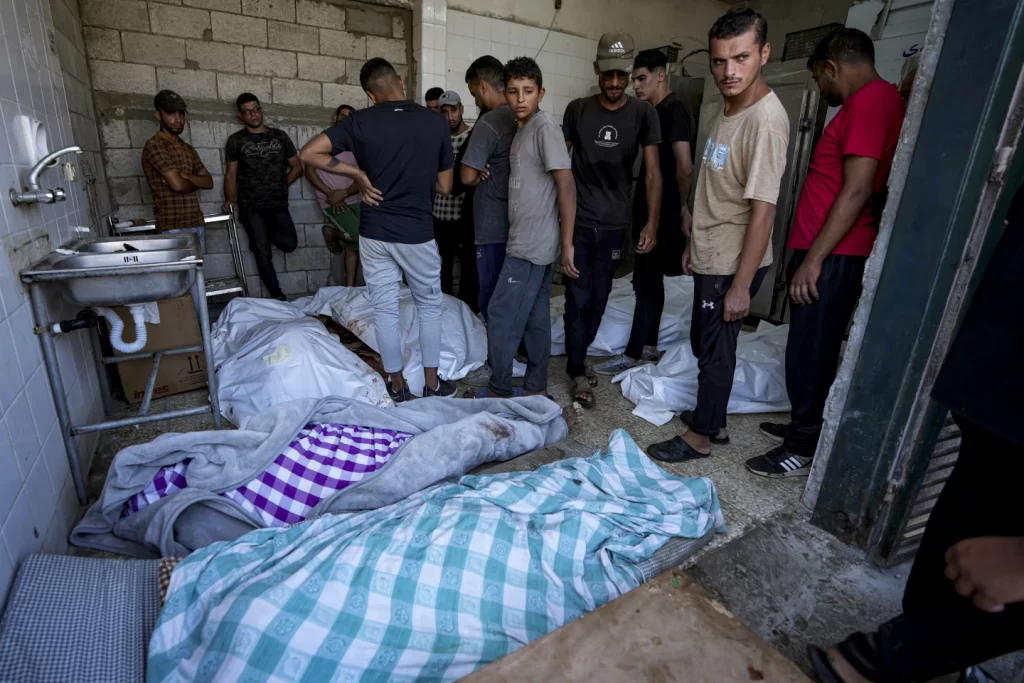
The conflict has also raised tensions across the region, with concerns about potential escalation involving other countries. Israeli forces have engaged in cross-border exchanges with Hezbollah in Lebanon, while also conducting operations against Iranian-linked targets in Syria.
As the war continues, diplomatic efforts to find a resolution face numerous challenges. The international community remains divided on how to address the conflict, with debates ongoing at the United Nations and other global forums about potential paths to peace and reconstruction in Gaza.
The Israeli government, led by Prime Minister Benjamin Netanyahu, has vowed to continue military operations until Hamas is neutralized and all hostages are returned. However, growing international pressure and concerns about the humanitarian situation in Gaza have led to calls for a reassessment of the military campaign’s scope and duration.

